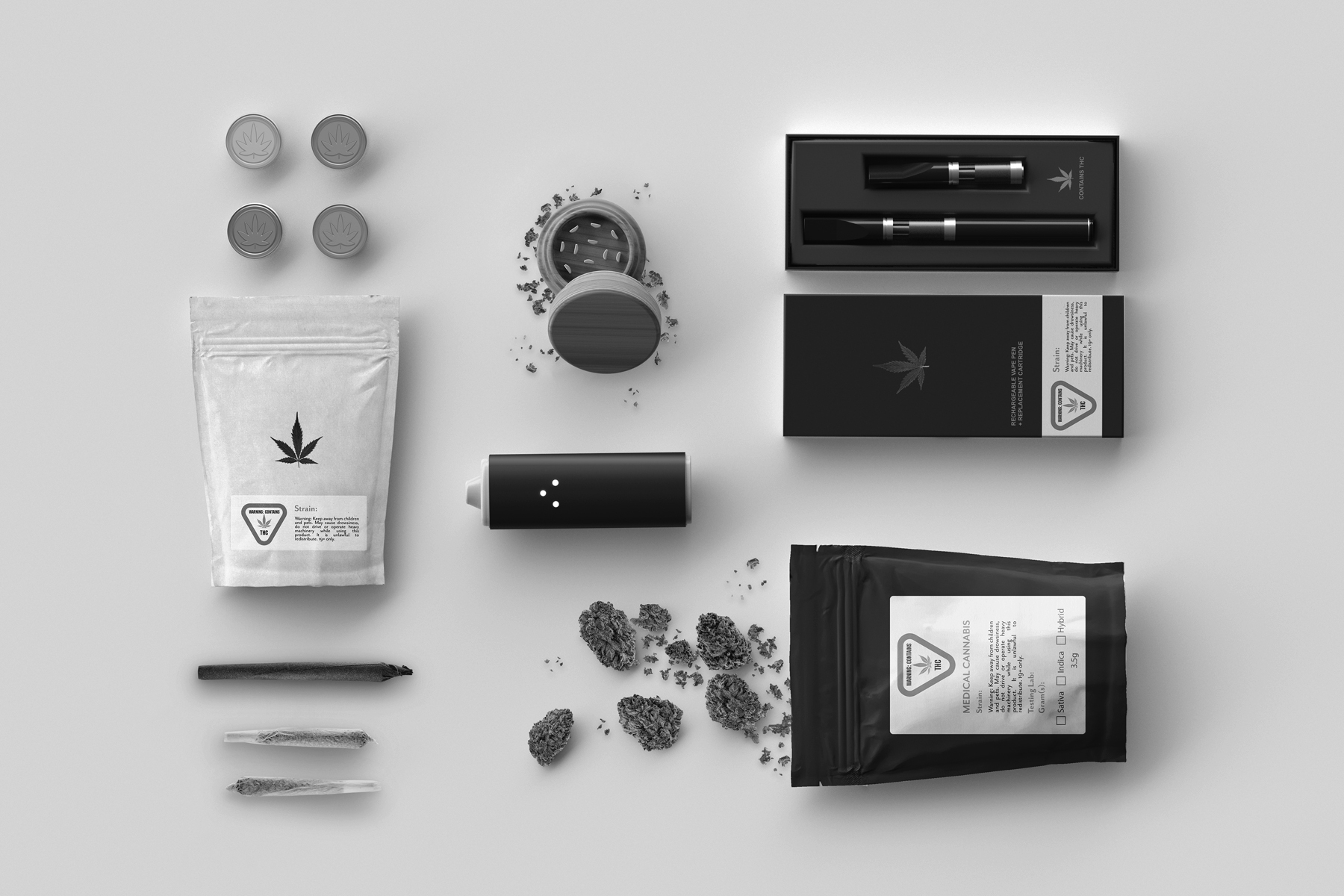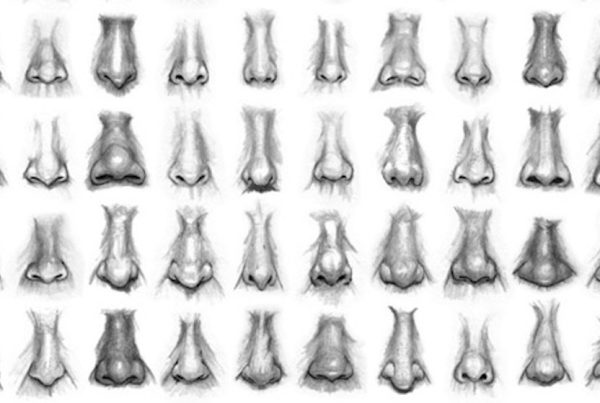As more consumers become familiar with cannabis as a lifestyle product, companies are taking a sensory-based approach to brand experiences.
Cannabis consumption has risen dramatically over the past year, and a noticeable number of companies are adopting a more intentional approach to building brand connections. In the early days of the industry, product marketing primarily consisted of strain-based branding that was often confusing and uninviting to new consumers. As the legal space started to mature, established brands began introducing effects-based product marketing to engage with the canna-curious.
As more consumers become familiar with the plant as a lifestyle product, companies are taking a sensory-based approach to creating distinct brand experiences, a tactic that has never been truly utilized by traditional CPG.
Turning Feelings Into Truly Novel Experiences
In recent years, cannabis marketing has mirrored mainstream CPG strategies by selling consumers a particular feeling through effects-based branding. CBD beverage brand Recess, a pioneer of this method, launched nationwide using the slogan “We canned a feeling” to help consumers feel “calm, cool and collected.” Similarly, California-based Canndescent named its products after after-effects such as Create, Cruise and Connect. (Full disclosure: MATTIO Communications represents Canndescent.)
As legal cannabis becomes increasingly accessible and more companies overcome the initial hurdle of communicating the safety and applications of the plant, legal brands are recognizing their products’ abilities to create heightened, novel experiences and directing consumers to pair their products with certain activities.
Mainstream CPG and lifestyle companies have taken a similar experiential approach, but there are still limits to the physical and emotional effects of their products. Brands ranging from Coca-Cola to Lululemon want consumers to believe that their products will enhance social and physical experiences, but at the end of the day, a can of soda or a pair of nice leggings on its own can’t actually augment the mind-body connection that’s experienced at parties or yoga classes.
Cannabis products, on the other hand, actually have psychoactive properties that affect emotions and sensations and can deliver on brand promises of transforming everyday experiences. While cannabis can certainly be used for both situations, more brands are embracing the latter application by both formulating and marketing their products to elevate the experiences of even the most ordinary activities.
GTI’s line of Dogwalkers pre-rolls exemplifies this creative approach to consumer engagement. The brand’s selection of products is specifically dosed and marketed to help consumers feel more connected with all the elements of the outdoors, forge deeper bonds with their dogs and ultimately creates a euphoric experience around a conventionally mundane activity. Hyper-targeting this distinct audience creates opportunities to appeal to new customers and encourages existing consumers to reevaluate how they can incorporate cannabis within their daily routines.
Activity-centric marketing also caters to more personal experiences, demonstrated by 1906’s Love Dark Milk Chocolate for Arousal. The product is explicitly marketed for date nights or individuals who want to know their body in a new way and is one of the few sex products on the market that is formulated to increase physical sensitivity for all genders and intensify sexual experiences.
Product Efficacy Now Takes on a New Meaning
Current mainstream CPG and lifestyle products simply cannot create such profound and visceral experiences. As a result, cannabis brands are initiating new engagement strategies that can only be leveraged by the industry. In the long term, taking this approach could certainly strengthen consumer trust and adoption in the cannabis space, but only if brands can deliver on their claims.
Meredith Mahoney, the president of Lantern, and a fellow friend in the industry who hails from the beauty space, once shared with me that customers often report more positive experiences with certain beauty products when they see and feel the exact effects they are told to expect on the packaging. (Full disclosure: MATTIO Communications represents Lantern). Cannabis brands have a momentous opportunity to use these insights to build more tailored consumer connections through specific senses or activities.
However, unlike the CPG world, where customers can take weeks to decide if certain products work for them, the window to demonstrate product efficacy is significantly smaller in cannabis. Consumers will likely know for sure if a cannabis product is for them after one of two tries, which is why many brands are making product consistency and predictability a main R&D priority.
Being “high” is now a multidimensional experience and can be applied in completely different contexts depending on a product’s dosage, cannabinoid profile and consumption method.
In a post-Covid-19 world, live music is one area where cannabis brands can potentially leverage their products’ defining qualities. Researchers at UC Berkeley recently found that music experiences can be mapped out within at least 13 emotional categories. This could present ample opportunities down the road for cannabis brands to market or pair specific product varieties with different types of music, artists or genres. When cannabis becomes federally legal, I expect we could eventually see multistate operators that oversee families of brands partnering with or sponsoring live music events or offering specific products for specific events.
In the future, cannabis brands could give consumers a taste of these sensory-driven experiences by striking more partnerships with experiential mainstream brands. Cannabis brands can work with mainstream companies to actually deliver the enhanced physical and emotional feelings that these brands attempt to create. The next few years will truly test the creative limits of both mainstream and cannabis marketers.
Ultimately, brands that can consistently provide these unique heightened experiences will likely become industry leaders and have the potential to reshape how both cannabis and events will be marketed in the future.
Source: How Cannabis Brands Are Taking Experiences to the Next Level – Rolling Stone













